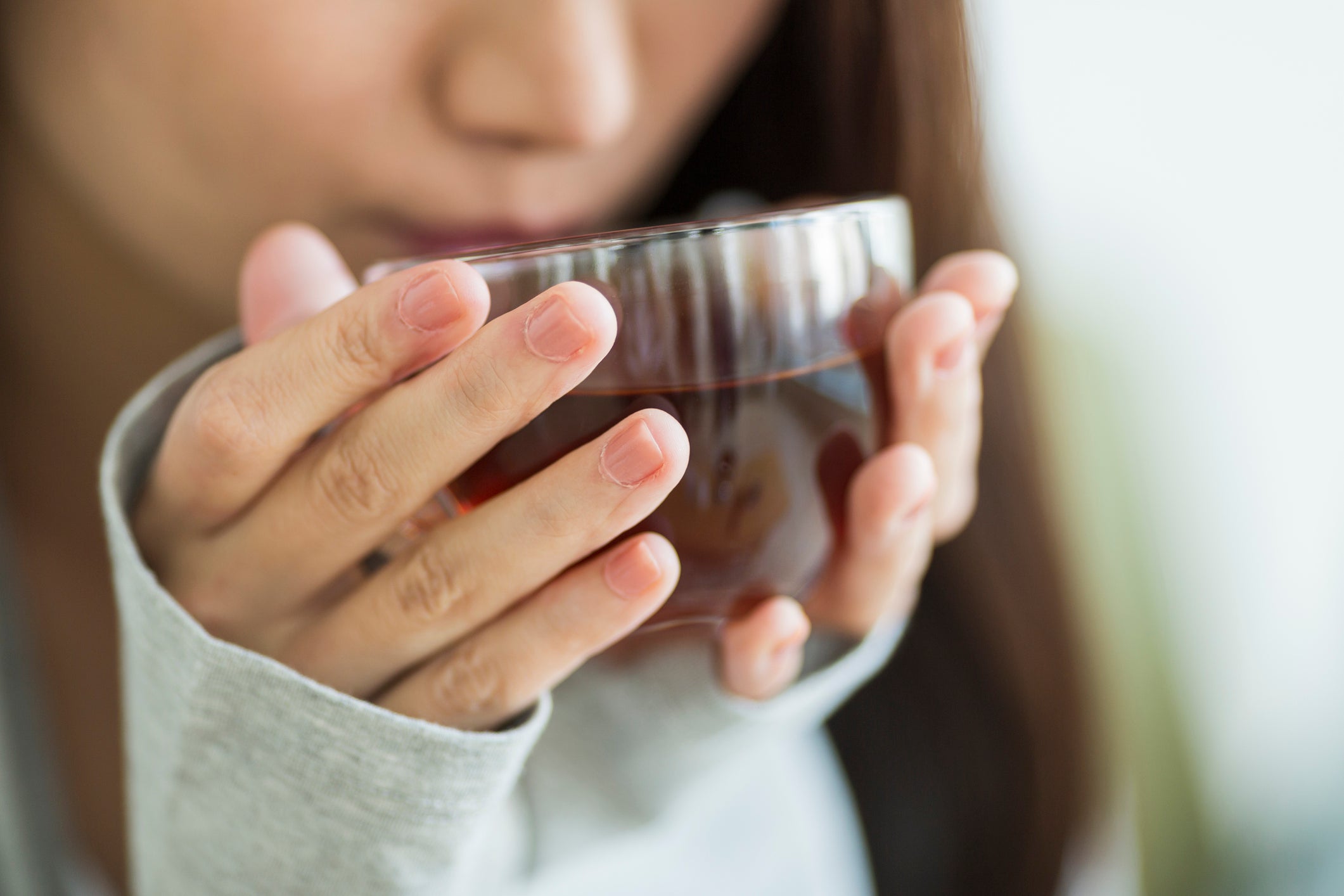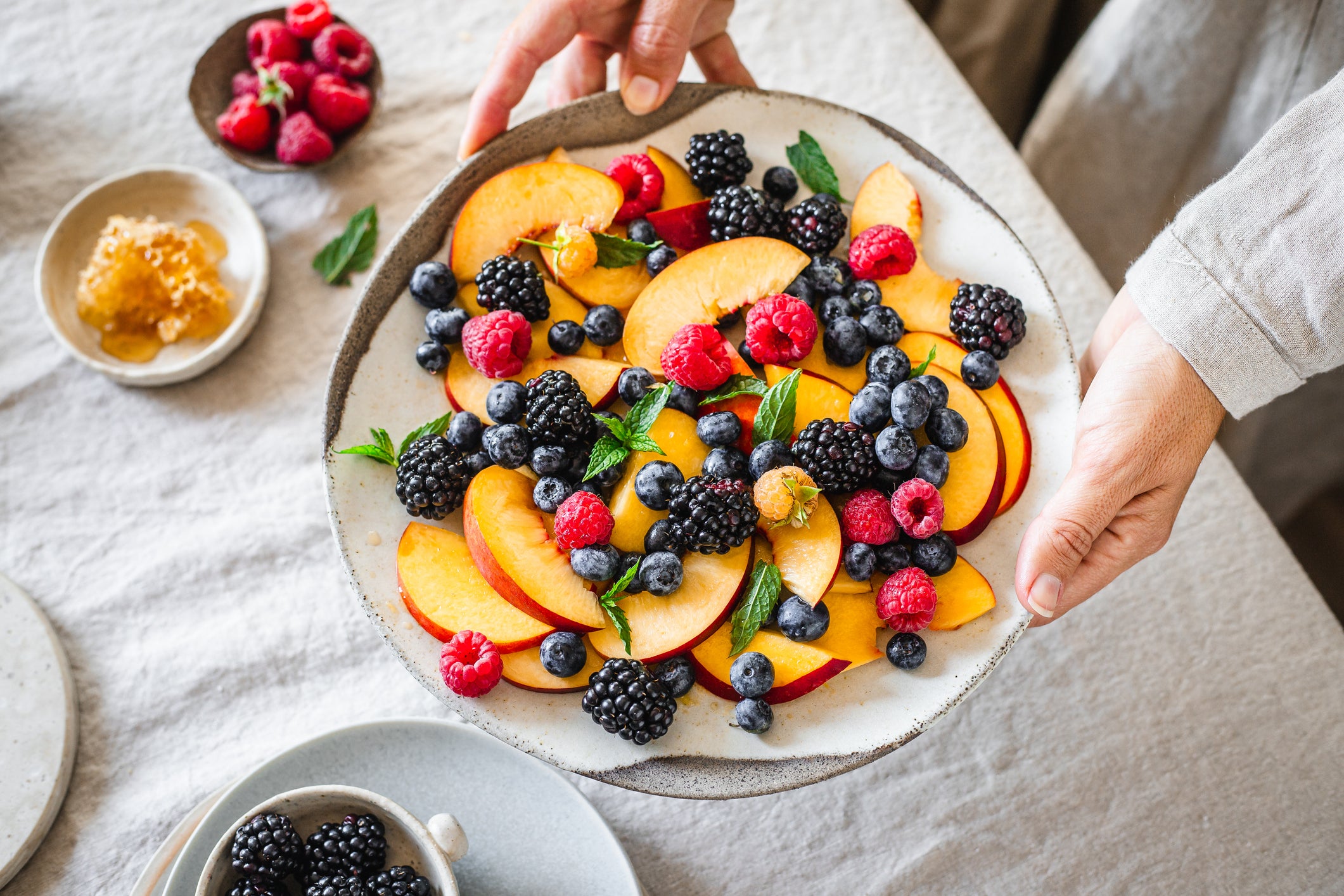ARTICLE AD BOX
No one is going to live forever. That doesn't mean many won't try.
Researchers say some common foods can help in those efforts to age more gracefully.
"The more we learn about flavonoids' role in health, the more we find that they may have far-reaching potential in helping to protect an aging brain," Dr. Tian-Shin Yeh, a researcher with Harvard's T.H. Chan School of Public Health, said in a statement.
While some of the foods are well-known, others might come as a surprise. Here are some of the foods that can help you age better:

It’s tea time!
Black tea, matcha, red wine, apples, oranges, berries and dark chocolate all are foods and drinks that are rich in flavonoids.
Regularly consuming them could reduce the risk of poor mental health, frailty and physical decline, researchers said this month.
“Our research shows that people who consume more flavonoids tend to age better,” Dr. Aedin Cassidy, a professor from Queen’s University Belfast, explained. Cassidy was the senior author of related research published in The American Journal of Clinical Nutrition this month.
Flavo-what?
Flavonoids!
They’re natural substances found in a wide variety of fruits, veggies, spices and other foods. The compounds are not digested or absorbed the same as other nutrients, according to the Cleveland Clinic. Instead, after our gut bacteria break them down, they’re used to benefit different parts of the body.
Researchers don’t know why they might play a role in protecting cognition for sure, but they do know that they are powerful antioxidants, which may fight brain inflammation.
“Flavonoids are well known for reducing oxidative stress and inflammation, supporting blood vessel health, and even helping to maintain skeletal muscle mass — all of which are important for preventing frailty and maintaining physical function and mental health as we age,” said Cassidy.
She noted that people who have a higher flavonoid intake tend to live longer and are less likely to get chronic diseases.
Recent research has said eating more flavonoid-rich food can reduce the risk of dementia and a 2011 study found that flavonoids could play an important role in fighting cancer. They may even help to prevent erectile dysfunction.

How much do we flavo-need?
There isn’t any established recommended daily intake or daily value for flavonoids, but research suggests that a higher intake may have health benefits. How much is needed will vary from person to person.
“We found that participants who increased their intake of flavonoid-rich food by three servings a day, had a 6 percent to 11 percent lower risk across all three of the aging outcomes in females, and a 15 percent lower risk of poor mental health in males,” said Dr. Nicola Bondonno, a co-author of the recent study.
Nutritionists say consuming 400 to 600 milligrams a day of flavan-3-ols can reduce the risk associated with cardiovascular disease and diabetes. A cup of tea has 115 milligrams per every 100 millliters.
Experts say to stick to the foods, including a wide variety of fruits and vegetables, and avoid supplements of flavonoids.
“I always recommend choosing food over supplements,” advises dietitian Bailey Flora. “The more that you can include some of these plant-based flavonoids through dense foods, it’s just going to provide that extra benefit.”









 English (US) ·
English (US) ·